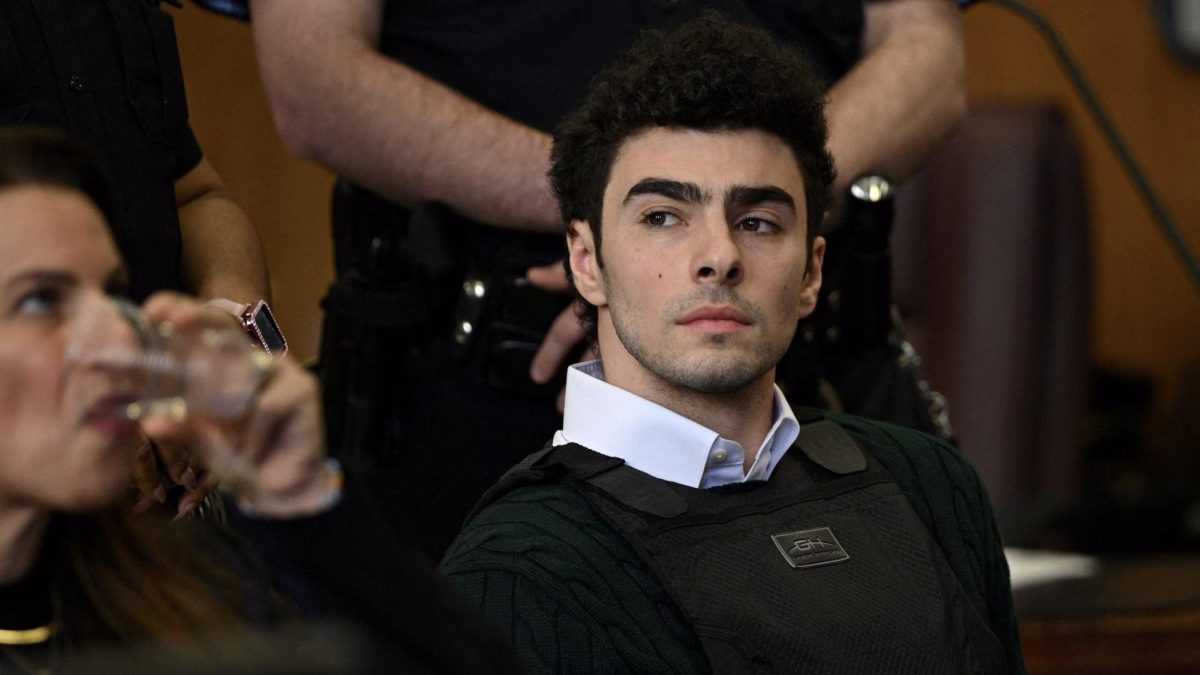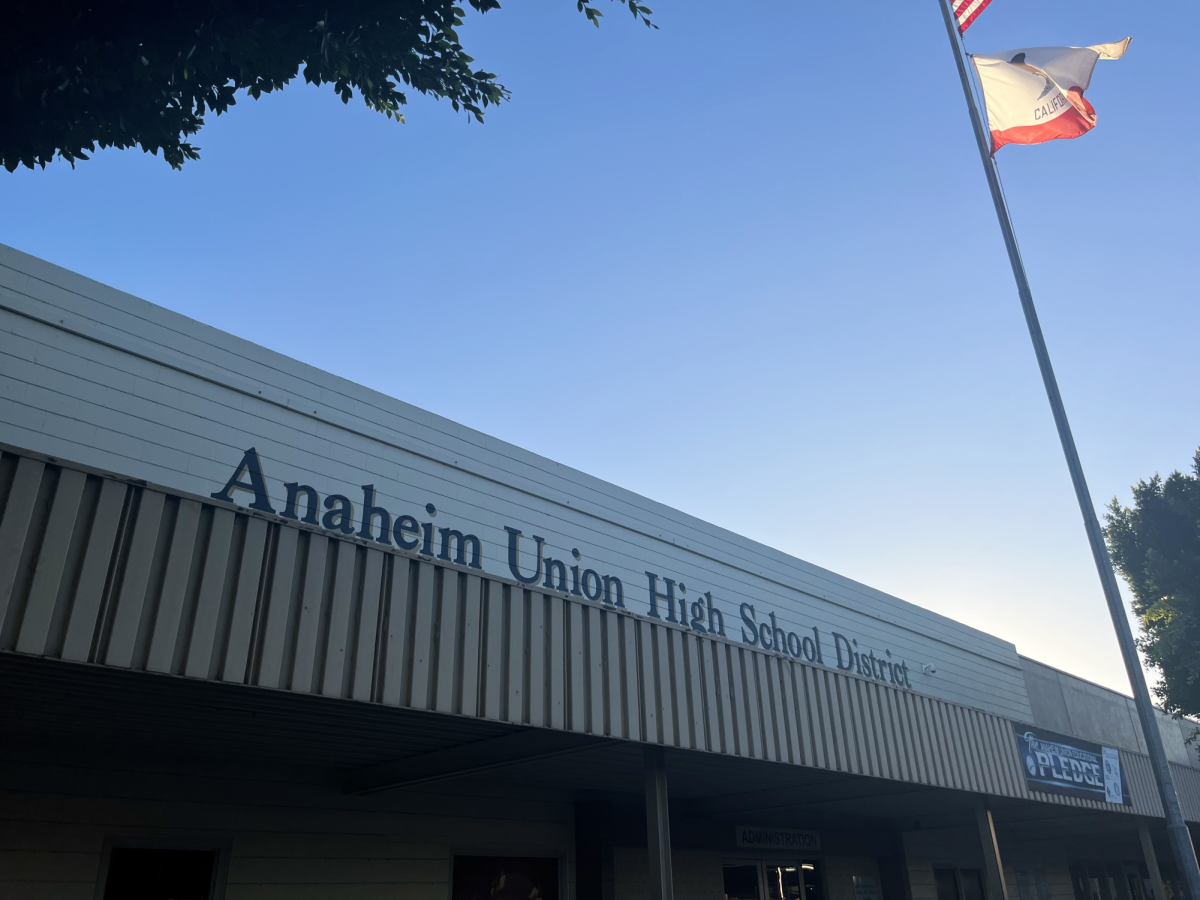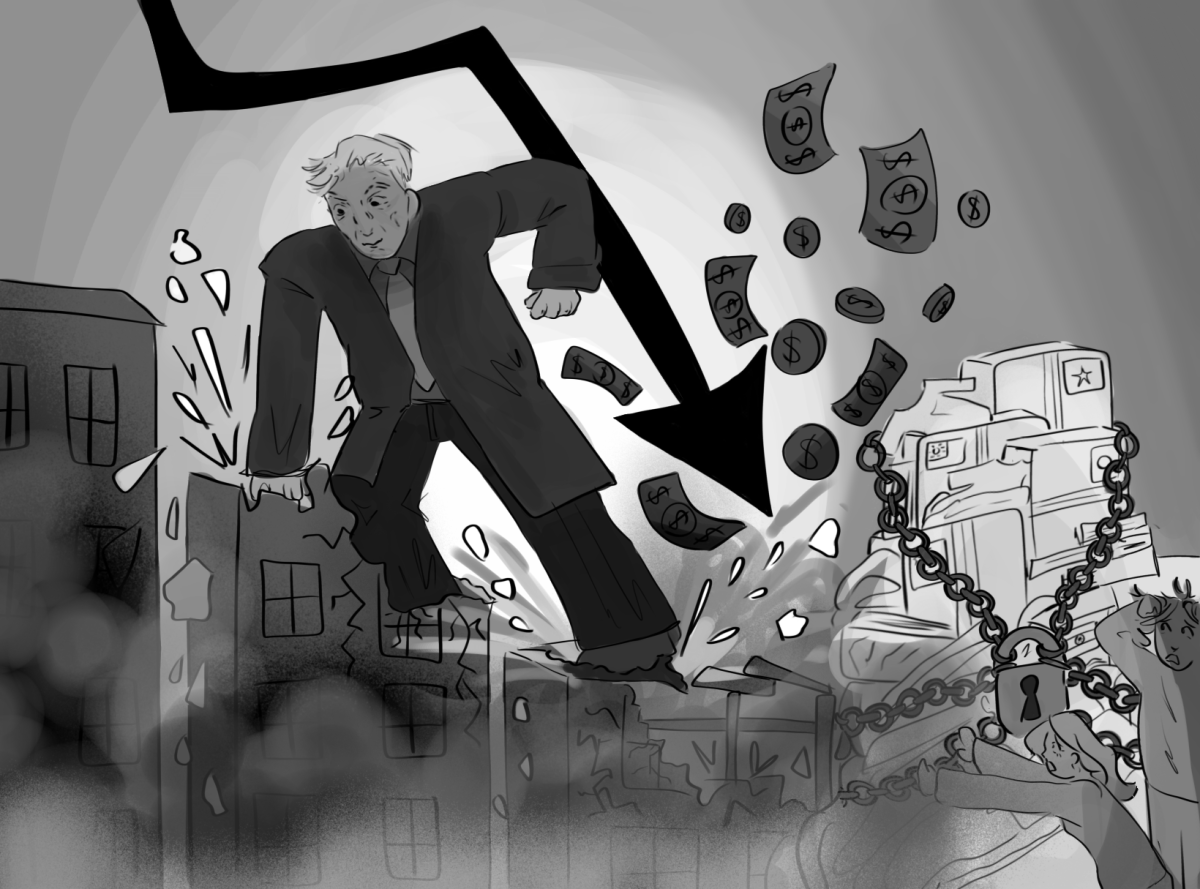Harvard sued the Trump Administration on Apr. 21, after they froze nearly $2.2 billion in federal research funding in retaliation to the school’s refusal to comply with sweeping demands for audits of its academic programs and departments. Federal funding supports a wide range of Harvard’s research, from medical breakthroughs to cutting-edge technological developments. The threat of freezing such funds jeopardizes not only the university’s work, but also the progress and well-being of the public at large. Harvard’s resistance is both commendable and necessary — a stance that other universities and influential institutions must also take — to fight against the tyrannic challenges put upon them.
This is a violation of procedural requirements and shows a clear attempt to exert political pressure to interfere in an institution that thrives on intellectual freedom. It serves as a quite dystopian view as to what happens when a university acts upon their First Amendment rights of free speech. Harvard’s response was not just a defense of its own values, but a rallying cry for all institutions, organizations, and individuals threatened by political overreach.
Harvard’s legal challenge, which cites the Administrative Procedure Act (APA), Title VI of the Civil Rights Act of 1964, and the First Amendment, is a bold declaration that this coercive governance cannot go unchallenged. The citations showed that the government has to act in a fair manner where it prohibits discrimination in programs receiving federal funding, and protects institutions’ rights to academic independence and free expression — all of which the administration blatantly ignored. By bypassing legal protocols and attempting to control curriculum and research through financial blackmail, the Trump administration has crossed a constitutional line.
This is not the first time the Trump administration has attempted to control or suppress institutions that challenge its authority. In Trump’s previous term, it consistently used federal levers to coerce universities into compliance with its political agenda. From pressuring schools to adopt ideologically driven curriculums to threatening funding over perceived “anti-American” programs, the administration made clear that education was not exempt from authoritarian tactics. Many institutions, fearing the loss of essential funding, chose to comply with the admin’s. But Harvard’s decision to resist marks a turning point.
Harvard’s actions are bringing other institutions to fight along with them. Since the lawsuit was filled, more than 150 university presidents from across the country have signed a joint statement denouncing the administration’s interference in higher education. Institutions of higher learning cannot act as masks for government control over private thought and inquiry. The freedom to explore, challenge, and question is not optional in a democratic society — however it is clear that the administration thinks of it as so.
Some may argue that because the federal government provides the funding, it has the right to dictate terms. But this interpretation dangerously ignores both legal boundaries and moral responsibilities. The Impoundment Control Act of 1974 does allow the president to impound funds under certain conditions but does not have the unilateral authority to block or refuse such funds. The act also requires congressional approval within 45 days for funds to be impounded, so the administration is blatantly disregarding legal requirements needed to implement the freeze. Government funding is used to support the public good, not to serve as a political bludgeon. The Trump administration’s use of that funding as leverage is not only unethical, it’s corrosive to the principle of intellectual freedom that defines American higher education.
What makes this moment particularly alarming is how normalized such interference is becoming — when powerful institutions fail to resist political manipulation, curriculums become censored, research is halted, dissent is silenced, and in time, even the idea of education as a place of freedom and exploration begins to decay. In the face of such blatant political interference, silence is complicity, and compliance is surrender. The Trump administration’s actions are not isolated missteps, they are part of a larger erosion of norms that should alarm anyone who values freedom of thought and expression.
The time for passivity is over. Other universities, civic institutions, and individuals must follow Harvard’s lead. Academic freedom is essential in the U.S., and no administration has the right to infringe on it simply because it challenges their political agenda. Defending academic freedom is not just a matter of protecting the ability of a society to learn, grow, and question authority without fear, but also to determine whether the government can enact such measures to force ideological conformity. Harvard has taken the first step, it is up for everyone else to decide whether they will stand with them, or watch in silence as the light of intellectual freedom is slowly being dimmed.















































